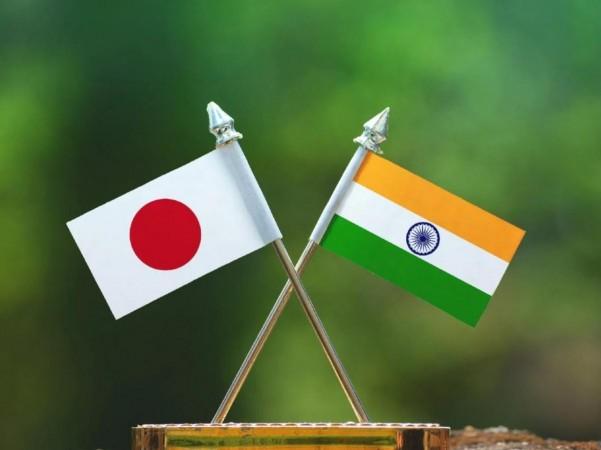Japanese Prime Minister Fumio Kishida arrived in New Delhi on Monday to boost ties with a focus on Indo-Pacific region, but many perceive the visit as a move to soothen Delhi after the recent snub by Tokyo at the G-20 foreign ministers' meeting.
Japan's decision not to send the foreign minister to the Delhi G-20 meeting last month had left many with the impression that Tokyo values only the G-7 and not G-20.

Japan is the host of G-7 meeting in May this year and is planning to extend invitation to India and Asutralia. But the Ukraine war taking the centre-stage, Kishida's visit to India cannot be viewed in isolation as the preparations are already underway for the upcoming G7 summit in Tokyo.
Japan regards the success of the G7 summit in Tokyo depend on addressing several isssues including Ukraine, nuclear disarmament and climate change, and the current visit is expected to remove any misperceptions between the two Asian giants and set the tone right for India's presidency of G20 and Japan's presidency of the G7.
Otherwise, the Japanese prime minister is expected to announce his plan for a "free and open Indo-Pacific" with a focus on India's role in the backdrop of China's rising military assertiveness in the region.

In his Shangri-La Dialogue in Singapore in June last year, PM Kishida said he would lay out the plan for Indo-Pacific next spring.
"I will lay out a 'Free and Open Indo-Pacific Plan for Peace' by next spring which will strengthen Japan's efforts to further promote the vision of a free and open Indo-Pacific, with an emphasis on providing patrol vessels and enhancing maritime law enforcement capabilities, as well as cyber security, digital and green initiatives, and economic security," he had said in Singapore.
The plan is expected to provide details of Japan's policy and approach towards the Indo-Pacific. In the last few years, almost all leading powers have come out with their strategies for the Indo-Pacific.
Japan has been pushing for a free and open Indo-Pacific with a view to maintaining and strengthening the rules-based international order in the region. Japan is aware that without India, the vision may not see momemtum. The current visit should address both the issues.














